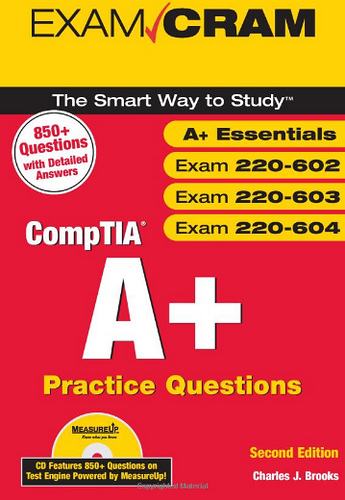[iCLoadDefinitions]Counselling can be made available to you on the NHS via your GP.
There is often “stepped” process involved – including a waiting list to begin treatment depending on your presenting issues.
An illustrative example would be:
- Initially, your doctor may first ask you to come back again in a few weeks time to see if things are better.
- If things don’t feel better then next you may next be given access to reading material – a form of self-guided self-help therapy.
- If this doesn’t help you may be offered access to a computerised CBT treatment. This may help you identify and deal with your problems through suggestions the computer may offer based upon your responses to questions.
- If these “self-guided” therapies remain ineffective, a referral to a low-level (trained & qualified) therapist may be the next step – involving a waiting list of several weeks or months.
- If the low-level impact fails to help you, you may be referred to another therapist for further treatment.
Low-level impact treatments are cost effective to the NHS because of their being no need to train highly skilled therapists.
The initially-mild interventions offered to you should be overseen by a therapist who should have an initial qualification, adequate experience & appropriately supervised (i.e. newer (lower-cost) therapists are more commonly used early low-impact intervention stages of a patient’s NHS counselling).
You may later be offered a fixed number of sessions of face-to-face counselling if the previous therapeutic intervention didn’t work for you. You may be offered to meet with a more experienced psychotherapist or psychiatrist if the previous experiences of therapy are ineffective.
Why CBT/Stepped Process?
This NHS stepped process is partially due to costs and partially due to new procedures introduced called IAPT (read more).
CBT is a treatment that GP’s can understand – it principally works on a diagnoses/prescription modality, where several treatments can be normalised (i.e. the CBT therapist follows someone’s recommendations/instructions for treating a particular ailment). Of course, one would not take a prescription from an unqualified GP, so one would not be prescribed a form of therapeutic treatment from an unqualified CBT therapist – but there are various levels of experience & qualifications.
IAPT originally only offered CBT (cognitive behavioural therapy). Mild forms of CBT can be offered by minimally trained therapists using a form of manualised therapy (e.g. you may be diagnosed and a therapist may refer to a set of therapeutic interventions that are recommended for your form of diagnosis).
Whilst CBT can be effective for certain issues it is not a fix-everything therapy and not everyone likes to feel like they are responding to a manual-of-therapy. If you can be helped by the processes then this will be beneficial – albeit that to get to the higher forms of treatment the previous experiences of treatment may have to have failed first.
Private Counselling – Your Choice of Treatment.
Unlike NHS Stepped-Treatment, private counselling with Dean Richardson begins with the FULL service.
There is no tiered/stepped process with Dean. You start immediately with full 50-minute weekly sessions working with Dean face to face. No computers giving you questionnaires. No books to read.
You and Dean will begin with an assessment session (meeting to talk about what you need from counselling, and discussing what counselling may and may not be able to help with).
You and Dean will meet weekly (usually the same day, same time, same location – which helps many people manage their commitments elsewhere).
With Dean’s assistance you might decide to discuss choose how many counselling sessions you wish to attend (such as brief/focal counselling) or you may with to work with Dean until the focus of the needs for counselling have been fully addressed.
No waiting lists – no maximum number of sessions.
It’s a very personal counselling service that aims to create a therapy that works for you and your needs.








